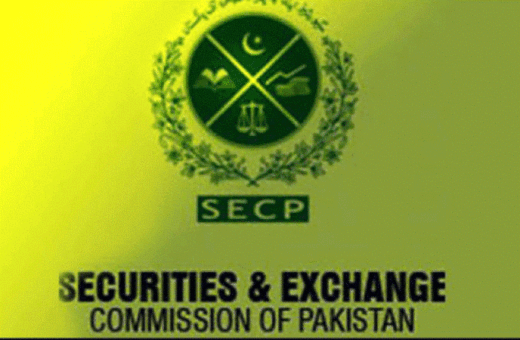In a significant development aimed at improving access to credit for small businesses and the agriculture sector, the Securities and Exchange Commission of Pakistan (SECP) has officially established the Secured Transaction Registry (STR). This registry will record charges and security interests created by entities on their movable assets, facilitating easier and more secure access to loans.
The establishment of the STR is part of the broader implementation of the Financial Institutions (Secured Transactions) Act, 2016. This legislation provides a comprehensive legal framework for the creation of security interests over movable assets. It also mandates the creation of a registry for unincorporated entities, enabling them to leverage their assets in securing loans.
The SECP said the STR will play a crucial role in empowering small and medium enterprises (SMEs) and the agriculture sector, two of the most critical and underserved segments of Pakistan’s economy. By allowing borrowers to use a variety of movable assets—such as receivables, intellectual property, inventory, agricultural produce, petroleum or mineral reserves, and motor vehicles—as collateral, the registry opens new avenues for securing credit from financial institutions.
This development is seen as a potential game-changer for small borrowers, especially in sectors where access to credit has historically been a challenge. Entrepreneurs and farmers often face difficulties in securing loans due to a lack of immovable assets, such as land or buildings, which banks traditionally require as collateral. The ability to use movable assets will likely encourage financial institutions to extend credit to these groups, boosting economic activity and growth.
Furthermore, the establishment of the STR is expected to positively impact Pakistan’s ranking in the World Bank’s Ease of Doing Business index, specifically in the “Getting Credit” indicator. According to global benchmarks, the establishment of a unified or integrated collateral registry for movable assets is critical for improving access to credit. Pakistan’s STR will meet this requirement, potentially leading to an improved standing in the global index.
It is worth noting that the SECP already maintains a registry of charges and security interests created by companies over both movable and immovable assets under the Companies Act, 2017. The STR will complement this existing framework by focusing on unincorporated entities, further strengthening the legal infrastructure for secured transactions in the country.
The introduction of the Secured Transaction Registry at the SECP is a vital step towards enhancing financial inclusion, promoting small businesses, and driving agricultural growth in Pakistan.
